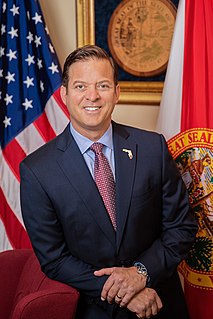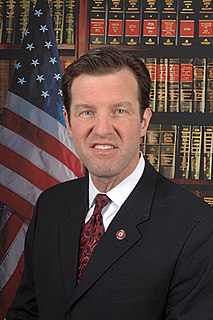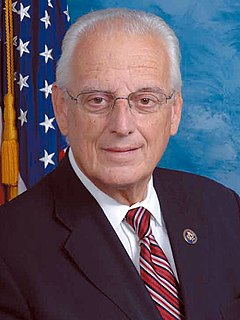A Quote by Joe Miller
The state of Alaska has a minimum wage which is higher than the federal level because our state leaders have made that determination.
Related Quotes
I was on the committee that helped raise the minimum wage here in Seattle. I introduced a statewide bill to raise the minimum wage in Washington state my first year in the state senate, and I really believe that raising the federal minimum wage, while not the answer to everything, addresses a lot of the issues at the very bottom.
[A] family with two kids that earns the minimum wage still lives below the poverty line. That's wrong. That's why, since the last time this Congress raised the minimum wage, 19 states have chosen to bump theirs even higher. Tonight, let's declare that in the wealthiest nation on Earth, no one who works full-time should have to live in poverty, and raise the federal minimum wage to $9 an hour.
Because it is one thing to have free immigration to jobs. It is another thing to have free immigration to welfare. And you cannot have both. If you have a welfare state, if you have a state in which every resident is promises a certain minimal level of income, or a minimum level of subsistence, regardless of whether he works or not, produces it or not. Then it really is an impossible thing.
To the second end, we hold that minimum wage commissions should be established in the Nation and in each State to inquire into wages paid in various industries and to determine the standard which the public ought to sanction as a minimum; and we believe that, as a present installment of what we hope for in the future, there should be at once established in the Nation and its several States minimum standards for the wages of women, taking the present Massachusetts law as a basis from which to start and on which to improve.
































